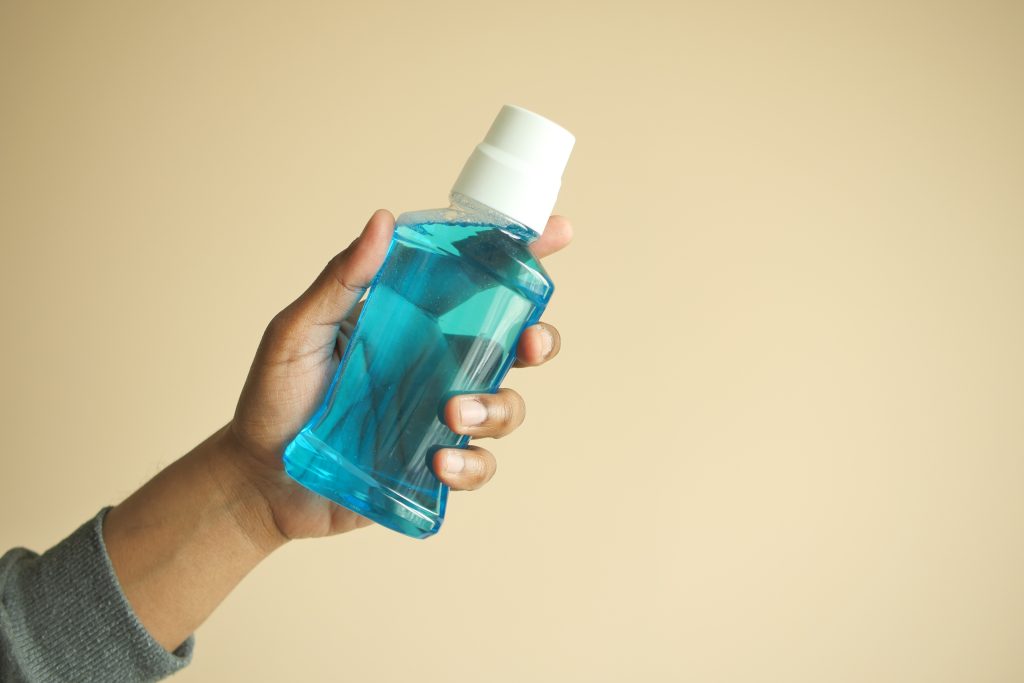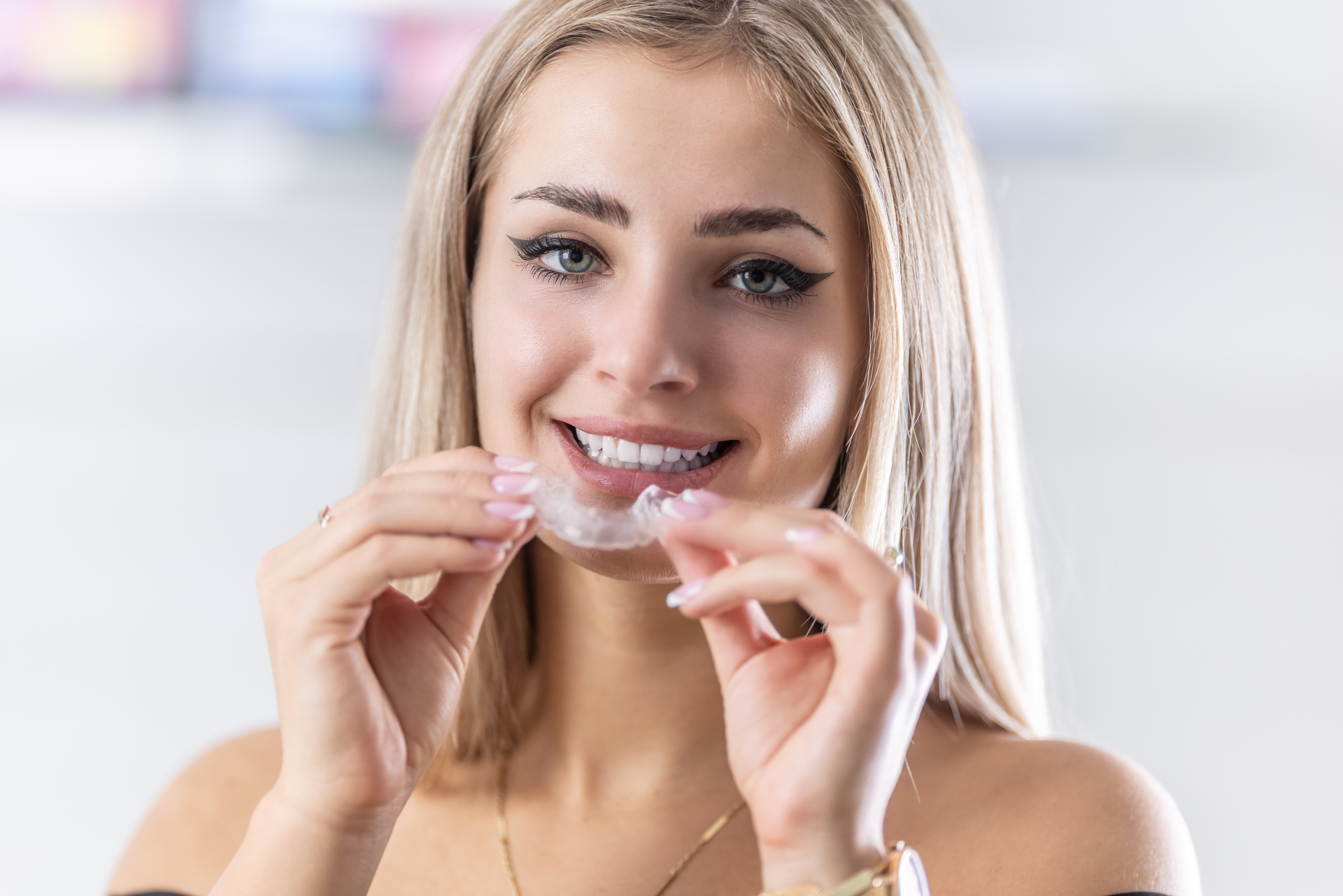A Splash of Truth: The Role of Rinse and Mouthwash in Oral Hygiene
Dive into the effervescent world of rinses and mouthwashes, those tantalizing liquids that promise fresher breath and a cleaner mouth with just a swish and a swirl. But do they live up to the hype? Are they merely minty masks for bad breath, or do they wield the power to bolster oral health? Let’s rinse away the myths and reveal the sparkling truth about these liquid luminaries.

The Essence of Mouthwash: More Than Just Fresh Breath
Rinse and mouthwash products aren’t just the finishing touches to a meal or a quick fix for morning breath; they’re formulated with various purposes, from cosmetic to therapeutic, offering benefits beyond mere freshness.
1. Cosmetic vs. Therapeutic:
- Cosmetic Mouthwashes delight the senses with their ability to temporarily control bad breath and leave your mouth feeling and smelling clean. They’re the perfect quick fix, but their effects are as fleeting as the bubbles they leave behind.
- On the other hand, therapeutic mouthwashes contain active ingredients that target oral health issues at their source. They can help reduce plaque, prevent or reduce gingivitis, slow tartar formation, or combat the bacteria that cause bad breath.
2. The Supporting Cast of Active Ingredients:
- Fluoride: This tooth enamel champion helps prevent tooth decay by remineralizing weakened areas of the tooth surface.
- Antimicrobials: Substances like chlorhexidine and essential oils work to reduce bacteria, thereby attacking the root cause of gingivitis, bad breath, and plaque.
- Astringent Salts: Temporary deodorizers that mask bad breath.
- Odour Neutralizers: Agents that neutralize the compounds causing bad breath.
The Swish Beneath the Surface: Unveiling the Benefits
Plaque and Gingivitis Prevention:
Regularly using a therapeutic mouthwash with antimicrobial properties can significantly reduce plaque and gingivitis, acting as a guard against gum disease.
Cavity Prevention:
Mouthwashes containing fluoride play a crucial role in cavity prevention. They add an extra layer of defence by strengthening tooth enamel against acid attacks from plaque bacteria and sugars in the mouth.
Soothing Oral Irritations:
For those suffering from mouth sores or surgical wounds, a therapeutic mouthwash can provide a soothing effect, helping to cleanse and ease discomfort during the healing process.
Balancing Act: Considerations and Precautions
While the allure of a magic potion for perfect oral health is strong, it’s important to use mouthwash as part of a balanced oral hygiene regimen, not as a standalone solution. Using or relying on mouthwash with proper brushing and flossing can lead to neglecting essential mechanical cleaning methods.
Choosing the Right Rinse:
- Always consult your dentist to select a mouthwash that suits your oral health needs, especially if you have sensitive teeth or gums or are prone to oral irritations.
- It is essential to consider the alcohol concentration in mouthwash. Some variations of mouthwash may have elevated alcohol levels, which can result in dryness of the mouth. This can exacerbate bad breath and irritation.
The Final Rinse
Rinsing and using mouthwash are essential parts of maintaining good oral hygiene. If used correctly, they can quickly freshen your breath and help keep your mouth healthy. It’s important to remember that achieving good oral health requires a comprehensive approach, including correctly using your toothbrush, floss, and mouthwash. These practices work harmoniously to promote oral hygiene and keep your smile bright and healthy.


